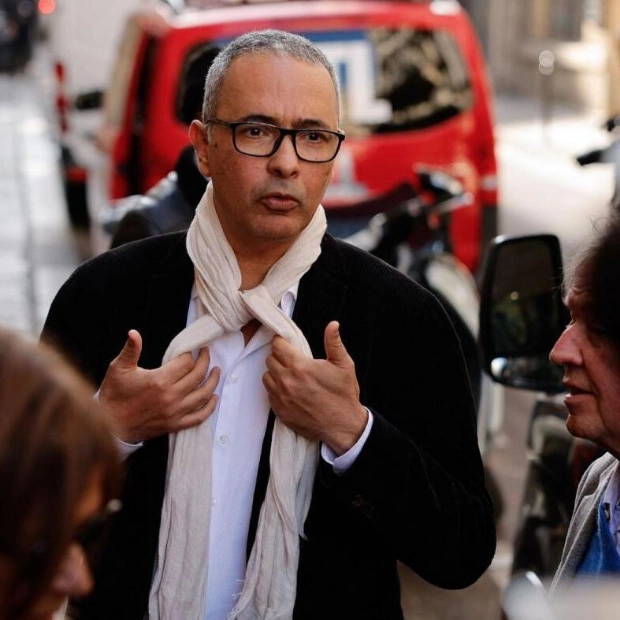Pope Francis showcased his literary inclinations on Sunday, as the Vatican released a letter where he urges young priests to embrace reading, revealing his own fondness for tragic works. "How can we touch the hearts of men and women if we neglect, dismiss, or fail to value the 'stories' through which they sought to articulate and expose the drama of their lived experiences in novels and poems?" the pontiff questioned in his July 17 letter to aspiring priests, published by the Vatican on Sunday. The extensive text, rich with references to literary luminaries such as C.S. Lewis, Marcel Proust, T. S. Eliot, and Jorge Luis Borges, underscores Francis's belief that reading is integral to personal growth and is essential not only for those entering the priesthood but for all Christians. Citing the Apostle Paul as a reader, Francis advocates for the time spent on reading, noting that a good book can "protect us from less wholesome choices" and broaden minds ensnared by obsessive thoughts. "In times of fatigue, anger, disappointment, or failure, when prayer alone fails to bring inner peace, a good book can help us endure the storm until tranquility is restored," wrote the 87-year-old Argentine Jesuit. He argued that reading, which demands more personal involvement than watching films or television, enhances vocabulary, fosters intellectual development, and alleviates stress and anxiety, lamenting that literature is deemed non-essential in priestly training. "We urgently need to counteract this inevitable lure towards a frantic and unreflective lifestyle by stepping back, slowing down, and taking time to observe and listen. This can occur when one simply pauses to read a book," he wrote. Reflecting personally, Francis remembered teaching high school literature at a Jesuit school at 28, facing resistance from students who were reluctant to read certain texts. He argued that even challenging or dull texts have value, urging people to approach reading with "an open mind" and "a readiness to be surprised." "I, for one, cherish the tragedians, as we can all identify with their works, seeing them as reflections of our own personal dramas," he said. "By weeping for the fate of their characters, we are essentially mourning our own emptiness, flaws, and solitude." Francis wrote that viewing life through the lens of others via literature broadens perspective and enhances humanity, as readers transcend their own lives to enter those of others. "We become engrossed in the lives of the fruit seller, the prostitute, the orphaned child, the bricklayer's wife, the old woman who still believes she will someday find her prince charming," he said. He also noted that immersing oneself in the thoughts and fears of characters confronting daunting challenges has unseen advantages. "Perhaps, by following a story to its conclusion, we gain insights that may later prove beneficial in our own lives."

Text: Lara Palmer
04.08.2024
Pontiff Reveals His Love for Tragedies and Advocates for Literature in Priesthood Training





